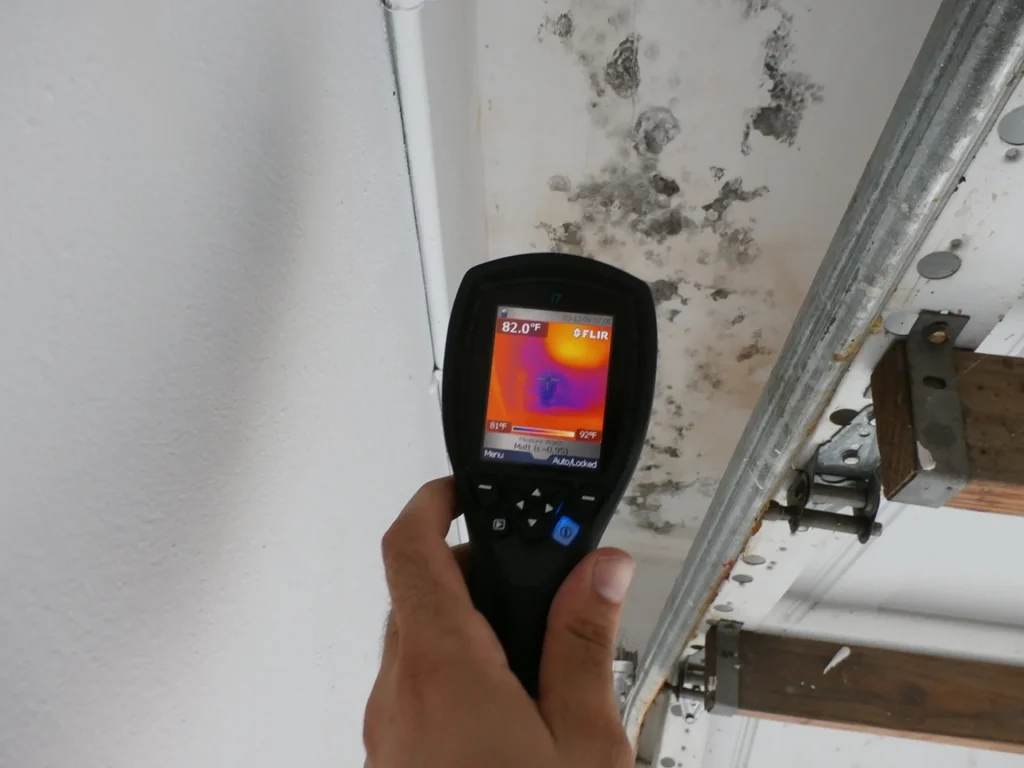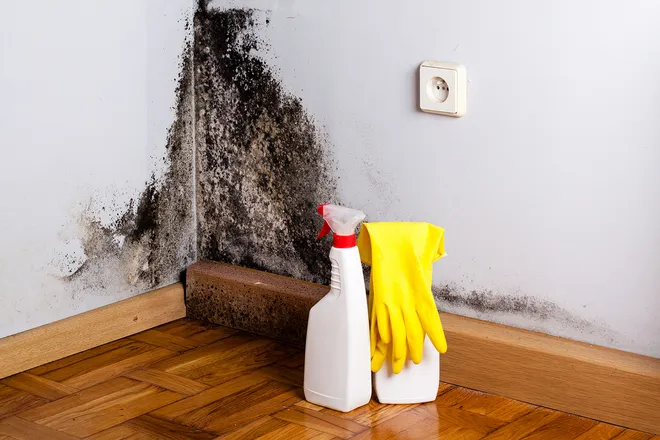related articles:
Notable U.S. Lawsuits Involving Mold Exposure
Preventive Measures to Combat Mold When Moving Into a New Home
This guide outlines the critical steps to properly document mold exposure, gather legal evidence, and prepare for a lawsuit against a company (e.g., hotel, rental property, workplace) that has negligently exposed you to mold contamination.
“If you’re dealing with mold issues, finding mold remediation services or a reliable mold removal company is crucial. A professional mold inspection can help identify the extent of contamination, especially if you’re concerned about black mold removal. Whether you’re searching for mold remediation near me, comparing mold removal cost, or learning about the mold remediation process, it’s essential to work with certified mold remediation specialists who follow industry standards.”
1. Confirm Mold as the Cause of Health Issues
Medical Documentation:
- Visit a doctor and request mold toxin and allergy tests.
- Obtain a formal diagnosis linking symptoms to mold exposure.
- Request a written statement from a certified medical professional confirming that your symptoms are consistent with mold exposure.
Identifying the Source:
- Ensure exposure occurred at the company’s property (hotel, rental unit, workplace).
- Rule out mold in your home, car, gym, or other frequented locations.
- If symptoms improve when away from the property, this strengthens your case.
2. Collect and Preserve Evidence
Photo and Video Documentation:
- Take clear, timestamped pictures of visible mold, leaks, or moisture damage.
- Record video evidence of affected areas, especially hidden mold (under carpets, behind furniture, in vents).

Air Quality and Surface Testing:
- Purchase an EPA-approved mold test kit (e.g., Mold Armor, ProLab, MyMoldDetective).
- Consider hiring a certified mold inspector to conduct a legally admissible assessment.
- Request a professional indoor air quality test from a certified laboratory.
Witness Statements:
- Gather testimonies from other affected individuals (coworkers, tenants, guests).
- Obtain statements from previous tenants or employees who experienced similar issues.
Document Complaints:
- Keep copies of all complaints submitted to property management, HR, or customer service.
- If you received no response or inadequate action, document these failures.
- Save emails, text messages, and repair requests related to the issue.
3. File a Formal Complaint
Report to Regulatory Agencies:
- OSHA (for workplace exposure): File an anonymous complaint at OSHA.gov.
- Local Health Department: Request an inspection for residential or public accommodations.
- Housing Authority: If renting, report the issue to the local tenant board or HUD.
Send a Legal Notice:
- Consult an attorney to draft a formal demand letter.
- Send the letter via certified mail to ensure proof of delivery.
- Clearly state the health impacts, documented evidence, and a demand for remediation or compensation.
4. Consult an Attorney Specializing in Toxic Mold Cases
Selecting the Right Lawyer:
- Find a personal injury or tenant rights attorney specializing in mold litigation.
- Look for experience in toxic mold lawsuits and landlord/tenant disputes.
- Check reviews and past case results.
Preparing for Legal Action:
- Provide your attorney with all collected evidence, including medical records and complaints.
- Discuss options such as settlement, small claims court, or class-action lawsuits.
- Be prepared for a counterclaim—companies may deny responsibility or attempt to discredit your evidence.

5. Strengthen Your Case for Compensation
Damages You May Claim:
- Medical expenses (treatment, medication, therapy).
- Lost wages (if illness impacted work capacity).
- Property damage (cost of mold-related cleaning, furniture replacement).
- Emotional distress (mental health impact due to prolonged exposure).
- Punitive damages (if the company was grossly negligent).
6. What to Expect During the Lawsuit Process
- Initial Filing: Your lawyer will file a formal lawsuit against the responsible company.
- Discovery Phase: Both sides gather evidence and may depose witnesses.
- Settlement Negotiations: Many mold cases settle out of court.
- Trial: If no settlement is reached, the case proceeds to court for judgment.
Final Thoughts
If you suspect mold exposure from a company’s property, act quickly. Gather evidence, seek medical attention, and consult legal professionals. A well-documented case increases the likelihood of a successful claim for compensation. Stay persistent and protect your health and rights!

